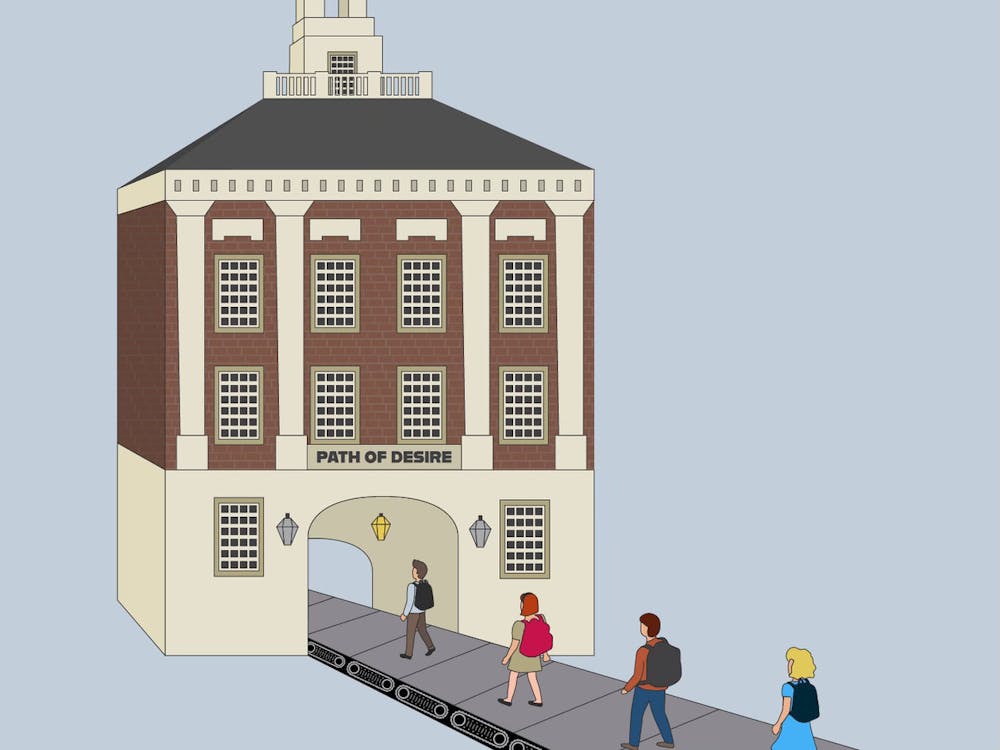By Greta Hallberg, For The Miami Student
College partying is synonymous with cheap beer. Natty and Keystone Light permeate the party scene - shot-gunned, spilled and chugged by the gallon every weekend in Oxford and other college towns across the United States.
But dirt-cheap beer, like Brick Street's $1 pitchers on Saturday afternoons, might be a thing of the past if the proposal by Anheuser-Busch InBev to acquire SABMiller goes through.
Brewing conglomerate Anheuser-Busch is the leading American brewer with 46.4 percent of market share for U.S. beer. Budweiser, Busch, Michelob and Natural are among Anheuser-Busch's brand portfolio. They also have Stella Artois, Shock Top, Rolling Rock and craft brewery Goose Island.
SABMiller's American venture with Molson Coors Brewing Company is not far behind. Miller Coors enjoys 27 percent of the U.S. beer market share as the second largest brewing company. Besides the obvious Miller and Coors brands, the company also owns Keystone, Blue Moon and Leinenkugel's.
The merger would create a mega-company that owns 70 percent of the market share for beer in the United States. Anheuser-Busch's purchase would effectively remove its biggest competitor. For those of you who aren't economics majors, that's called a monopoly.
The combination has been in the works for some time, but Anheuser-Busch made the announcement in September. Both companies have seen some decline in sales, losing business to the explosion of microbreweries across the country.
Craft breweries make up about 11 percent of the market. These microbreweries are small and independent, and there are over 4,000 of them in the United States. Their combined yearly beer production and sales are mere fractions of what Anheuser-Busch produces.
The rise of craft breweries may be a detriment to the big beer business. The loss of profits from big beer reflects a change in consumer preferences toward unique taste in malt beverages and the connection to a local company. However, no single microbrewery has enough economic power to pose a real threat.
Craft breweries also tend to charge slightly higher prices than mass-produced favorites like Bud Light. Small companies have fewer resources at their disposal and often face startup costs. They do offer a different product and a more intimate drinking experience, especially with local brewery tours and taproom tastings. Craft beer also tastes better. It's meant to be sipped slowly and enjoyed.
This is a stark contrast to the cases of Keystone or Busch Light that college students consume every weekend. Nobody sits down in O'Pub and drinks a Natty to enjoy the taste. You drink Natty when you plan on reaching high levels of inebriation. You drink Natty to cope with the same playlist of Top 40 songs at New Bar week after week. You drink Natty when you want to party.
Anheuser-Busch and Miller argue that their mega brewing merger would create more innovative products as an alternative to craft beer. But again, historical examples prove that the exact opposite is true. U.S. Steel lost its competitive advantage to "mini mills" that were more productive and innovative than the conglomerate. Huge companies simply are not innovative in the way that small businesses are.
Enjoy what you're reading?
Signup for our newsletter
A bigger company will not give Anheuser-Busch and Miller an edge over microbreweries, but further complicate the creative process and in the end, make them worse off. This merger will not help save big beer, but rather drive more customers away to a better quality beverage and comparable price offered by craft breweries.
Additionally, since the same massive brewing company will own previously competing beer brands, they'll raise prices. Higher prices mean that buying beer in bulk will become more expensive, a detriment to the fraternities and party hosts that make it possible to get drunk for free. American beer drinkers, college students included, will start to seek out other options when the prices increase.
This merger would destroy the competition that allows Beat the Clock to happen every week. Competition between Keystone, Natty and other cheap beers is what regulates prices and keeps them low enough to buy in bulk and intoxicate college students everywhere. The combination of these two massive companies would eliminate the competition between the leading inexpensive beers preferred at house parties.
This merger is a death sentence. If it goes through, this merge would herald the demise of college partying, as we know it. It's a suicide mission for Anheuser-Busch and Miller, too. If the companies were really trying to be smart, they'd cancel the deal.




